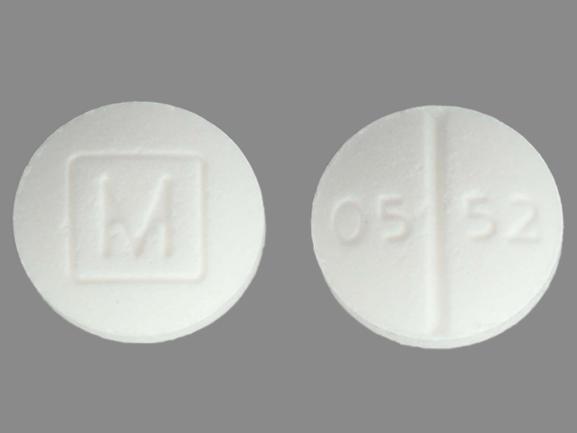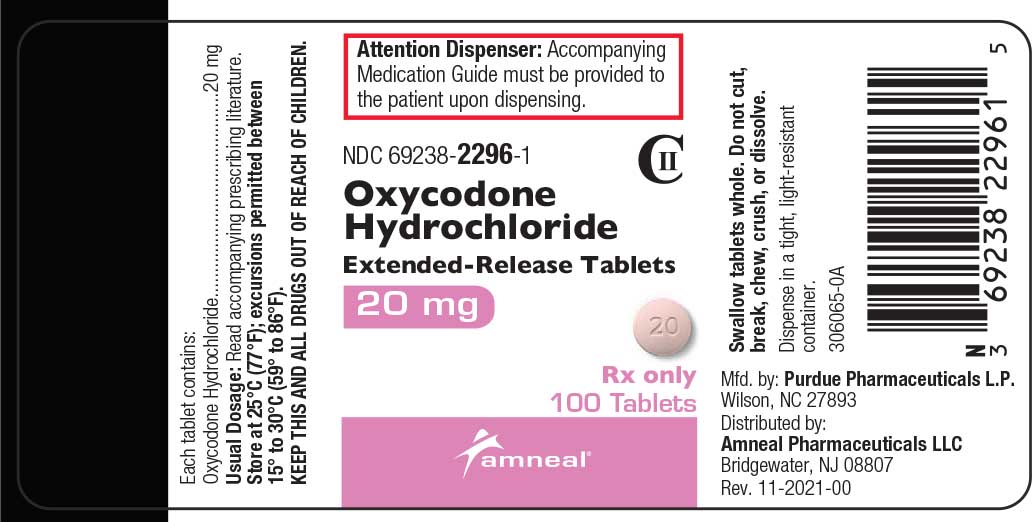Important Details for Those Aiming To Buy Oxycodone Online
Important Details for Those Aiming To Buy Oxycodone Online
Blog Article
Understanding Into the Legitimate Utilizes Linked With Oxycodone Intake
From providing relief to cancer patients fighting excruciating discomfort to aiding in post-surgical recuperation, the applications of oxycodone are far-reaching and impactful. Understanding the nuanced scenarios in which this medication is appropriately used sheds light on the intricate equilibrium in between its benefits and risks, motivating a much deeper expedition right into the world of pharmaceutical treatments in handling serious pain.
Pain Management in Cancer Clients
Pain management in cancer patients is an essential facet of their overall treatment and treatment routines. People fighting cancer commonly experience differing levels of discomfort, which can dramatically influence their high quality of life. Reliable discomfort administration not just reduces physical discomfort but also deals with the psychological and emotional toll that persistent discomfort can take on patients.
Cancer pain can come from the condition itself, such as lump growth pushing on body organs or nerves, or as a negative effects of therapies like surgery, radiation treatment, or radiation - Buy Oxycodone online. It is essential that health care providers make use of a multidisciplinary method to discomfort administration in cancer cells clients, customizing interventions to attend to the particular type and source of pain experienced by each person
Treatment choices might include pharmacological interventions like opioids, non-opioid analgesics, and adjuvant medications, along with non-pharmacological approaches such as physical therapy, acupuncture, and cognitive-behavioral therapy. The objective of discomfort management in cancer cells patients is not only to lower discomfort levels however also to boost general functioning and quality of life throughout the training course of their ailment.
Post-Surgical Discomfort Relief
Complying with surgeries, efficient management of discomfort and promoting recovery are crucial elements of person care. Post-surgical discomfort alleviation plays a critical duty in making sure clients' convenience and promoting their healing process. Oxycodone, a powerful opioid analgesic, is typically prescribed for taking care of modest to severe discomfort complying with surgical procedure.
Post-operative discomfort can impede an individual's capacity to relocate, take a breath deeply, and participate in necessary tasks for recovery. Oxycodone aids relieve this pain by binding to opioid receptors in the brain and spine, reducing the assumption of pain. By providing efficient pain alleviation, oxycodone allows people to take part in physical therapy, improve their mobility, and protect against difficulties connected with poor pain control.

Persistent Pain Monitoring
Effective monitoring of chronic pain is essential for improving clients' quality of life and functionality. Chronic pain, lasting for weeks Clicking Here to years, can considerably influence a person's everyday activities, mental wellness, and overall wellness. Oxycodone, a powerful opioid discomfort drug, is generally prescribed to aid manage chronic pain conditions such as arthritis, fibromyalgia, and lower back pain when other treatments have actually verified inefficient.
When used properly and under close medical guidance, oxycodone can offer much-needed relief to patients experiencing persistent pain. By targeting the central nerve system to modify the understanding of discomfort, oxycodone can assist people reclaim flexibility, participate in physical treatment, and take part in tasks they take pleasure in. This, in turn, can bring about enhanced mood, better rest, and enhanced general capability.
It is important for doctor to very carefully evaluate each individual's pain degree, case history, and risk variables before recommending oxycodone for persistent pain management. Normal tracking and modifications to the treatment plan are required to make certain the medication's effectiveness while lessening the threat of reliance or misuse.
Palliative Care Use
When considering the more comprehensive spectrum of medical treatment beyond chronic discomfort administration, the utilization of oxycodone in palliative care setups comes to be a topic of substantial importance. Palliative treatment purposes to enhance the lifestyle for clients facing serious diseases by resolving their physical, psychological, and spiritual requirements. Oxycodone, a potent opioid analgesic, plays an essential function in palliative treatment by properly handling severe discomfort that typically comes with sophisticated diseases such as cancer, end-stage body organ failure, or innovative neurological problems.
In palliative treatment, oxycodone is prescribed carefully and under close guidance to reduce traumatic signs, advertise convenience, and enhance overall health. The medicine is customized to every patient's particular important source needs, making certain optimal discomfort relief while reducing prospective negative effects. Doctor in palliative care settings function carefully with patients and their families to create customized therapy strategies that focus on sign management and emotional assistance.
Extreme Injury Discomfort Control

However, it is necessary to highlight the value of using oxycodone properly and adhering purely to recommended dosages to mitigate the risk of dependence, tolerance, and prospective adverse effects. Doctor should very closely keep an eye on patients obtaining oxycodone for serious injury discomfort control to guarantee its efficiency in discomfort monitoring while lessening the probability of misuse or dependency. By integrating oxycodone into a detailed discomfort administration strategy tailored to the individual needs of the client, medical care specialists can enhance treatment results and help with a smoother healing procedure from extreme injuries.
Conclusion
In verdict, oxycodone acts as a vital device suffering monitoring for numerous medical conditions such as cancer, post-surgical healing, persistent discomfort, palliative care, and serious injuries - Buy Oxycodone online. Its effectiveness in giving alleviation to clients experiencing extreme pain has been well-documented. When made use of appropriately and under clinical guidance, oxycodone can considerably boost the high quality of life for individuals experiencing disabling pain
By offering effective pain alleviation, oxycodone allows individuals to get involved in physical treatment, enhance their movement, and protect against difficulties associated with inadequate discomfort control.
Oxycodone, a potent opioid pain medicine, is generally suggested to help handle chronic discomfort conditions such as arthritis, fibromyalgia, and lower back pain when various other therapies have actually confirmed inadequate.
Oxycodone, a powerful opioid analgesic, is effective in giving relief from severe discomfort by acting on the central nervous system to modify the assumption of pain. Health next page care providers have to carefully keep track of people getting oxycodone for extreme injury discomfort control to ensure its efficacy in discomfort management while minimizing the chance of abuse or addiction.In conclusion, oxycodone serves as a crucial device in pain administration for numerous medical problems such as cancer cells, post-surgical recovery, persistent pain, palliative care, and serious injuries.
Report this page